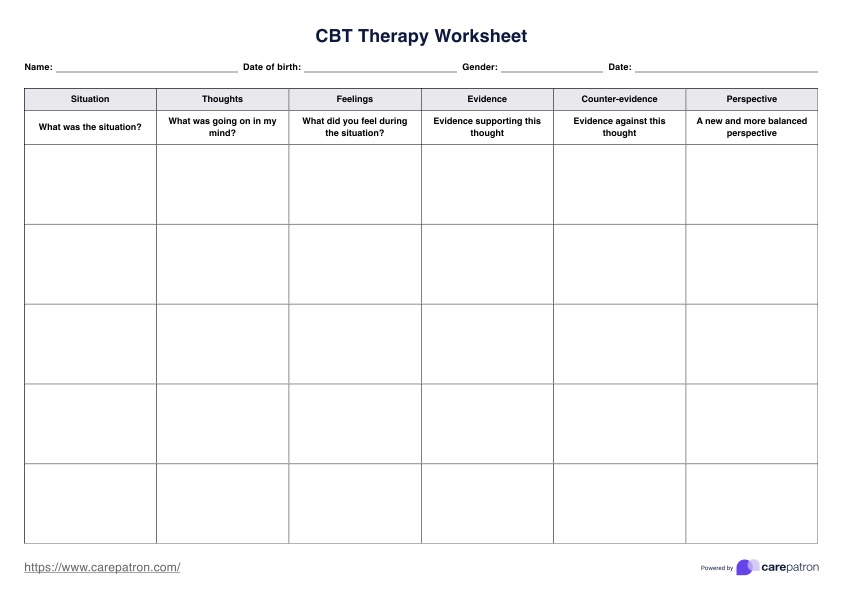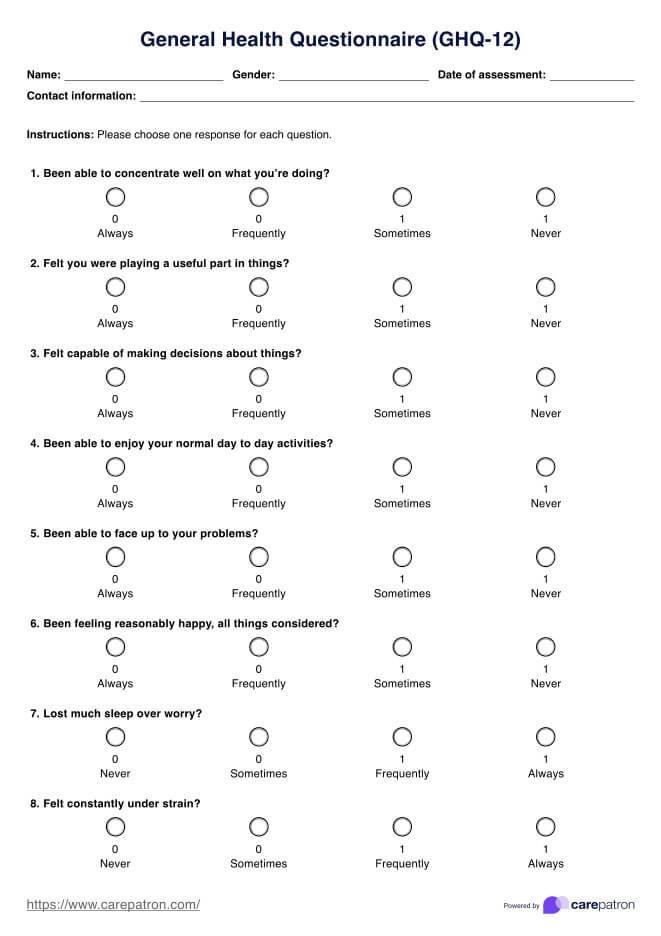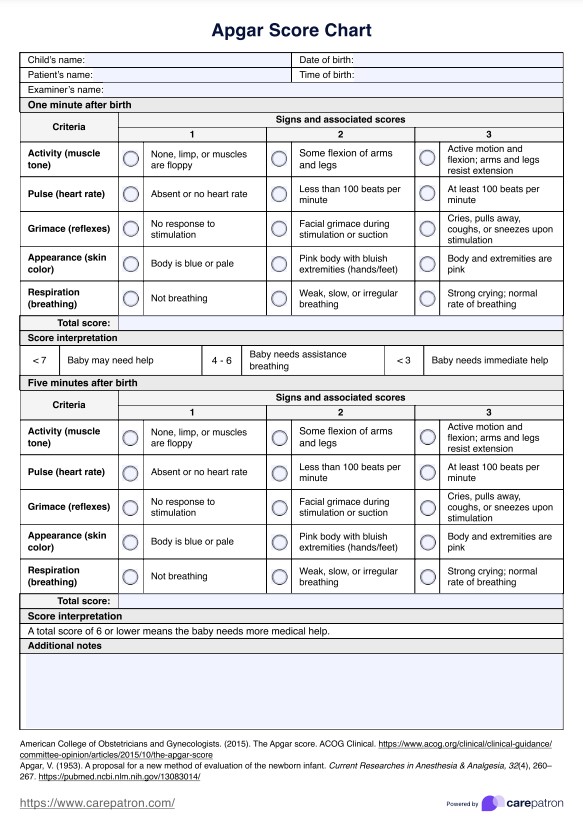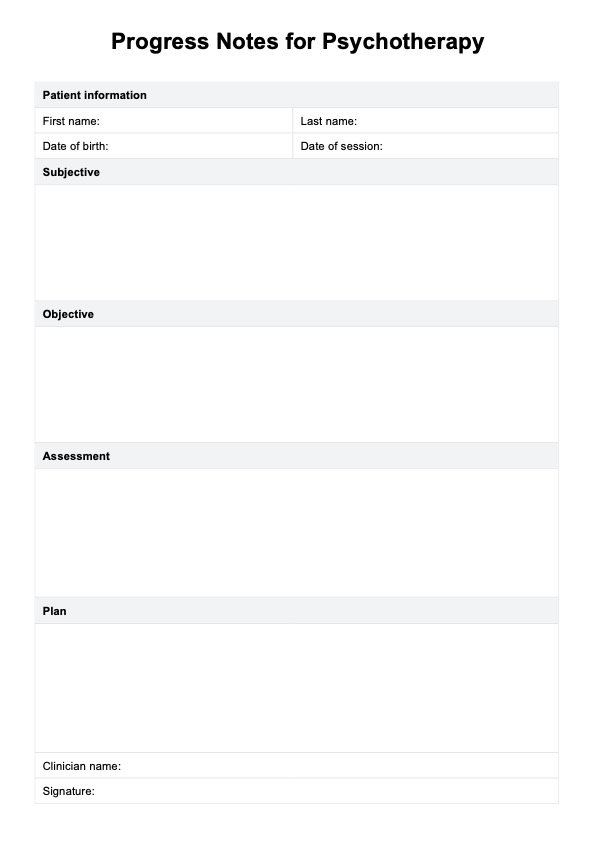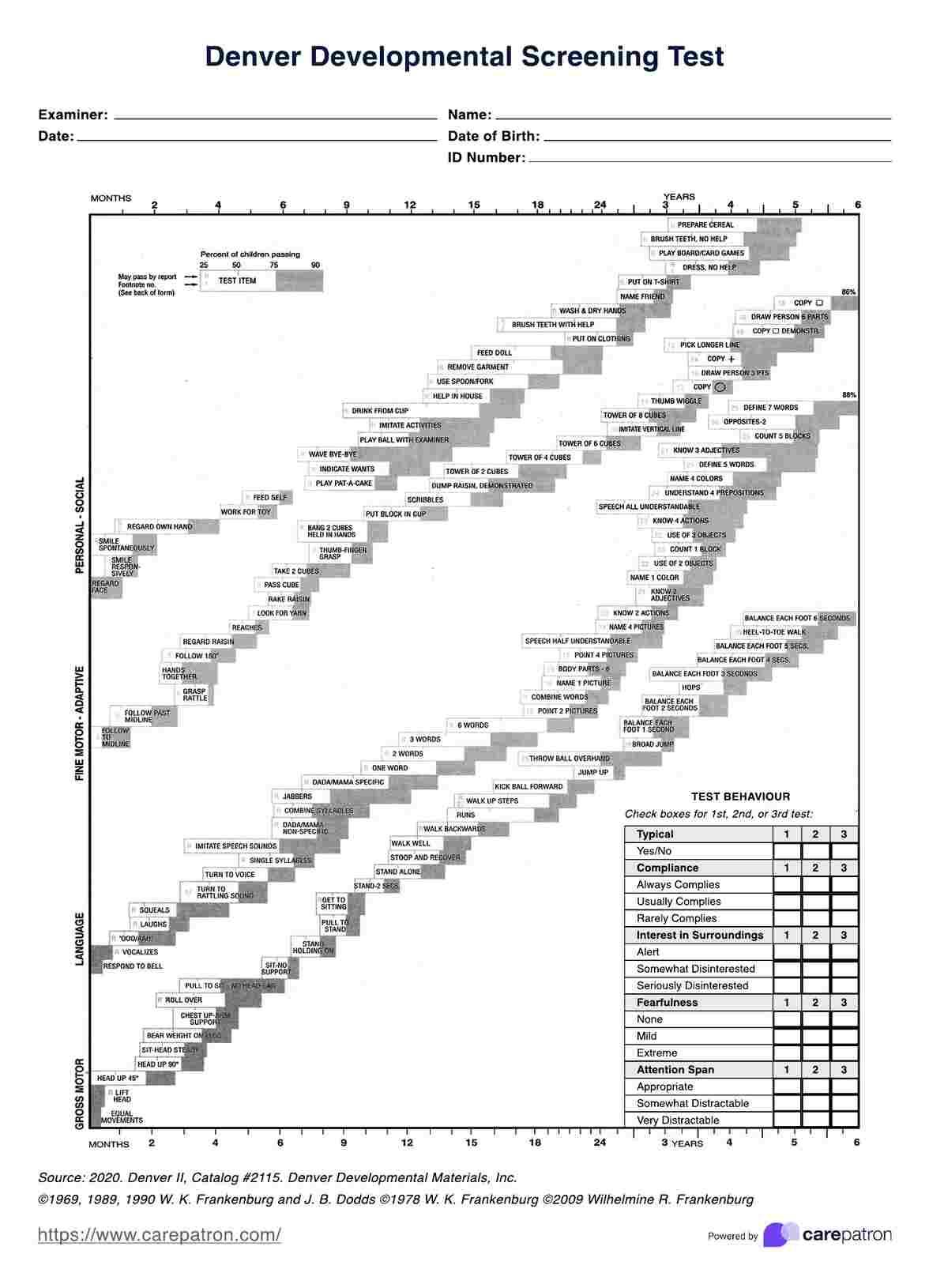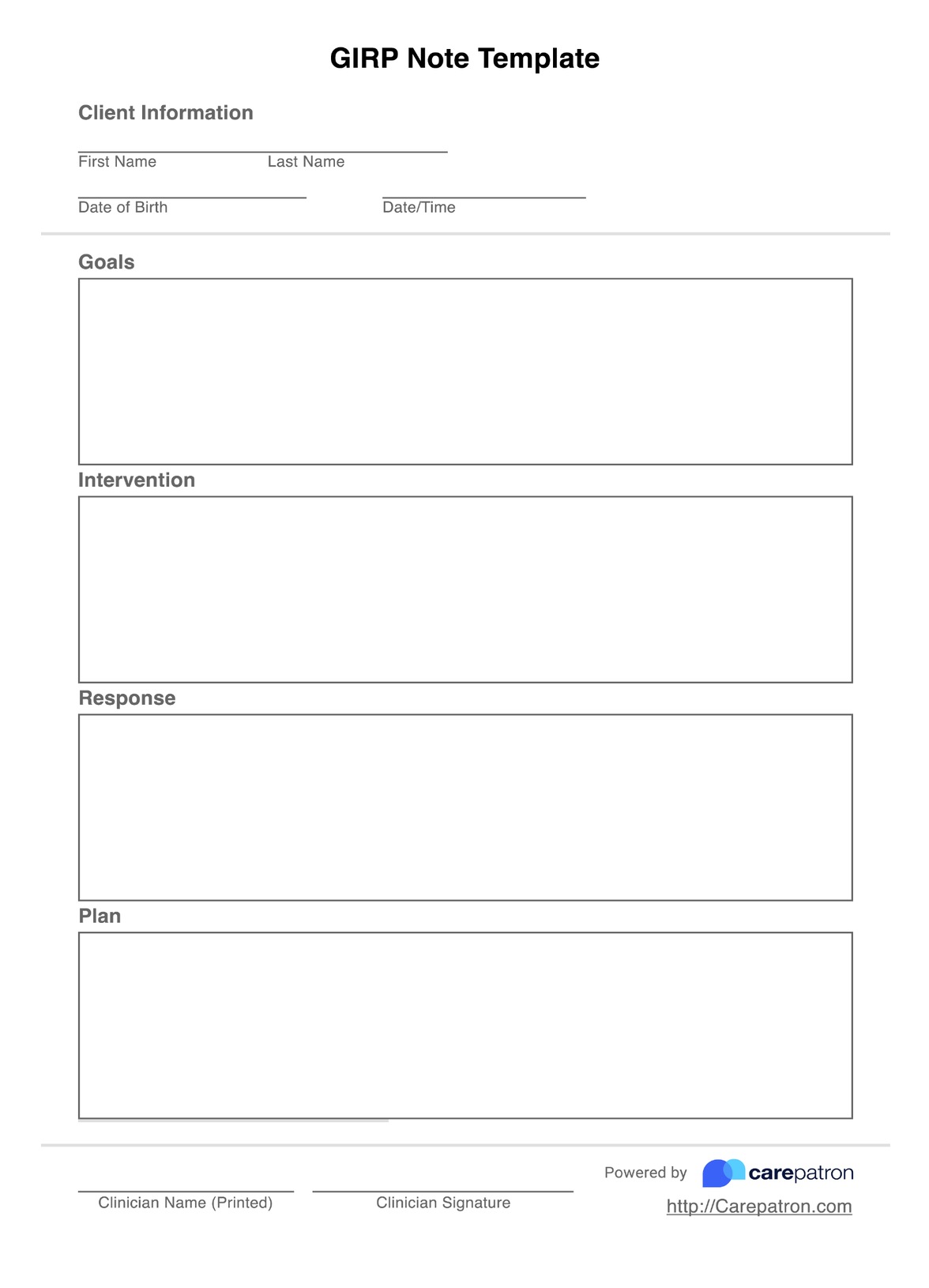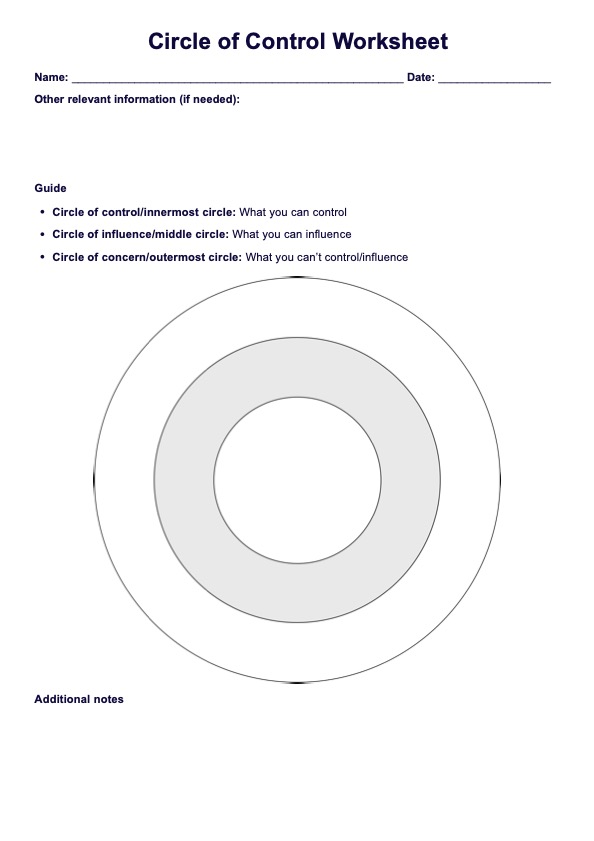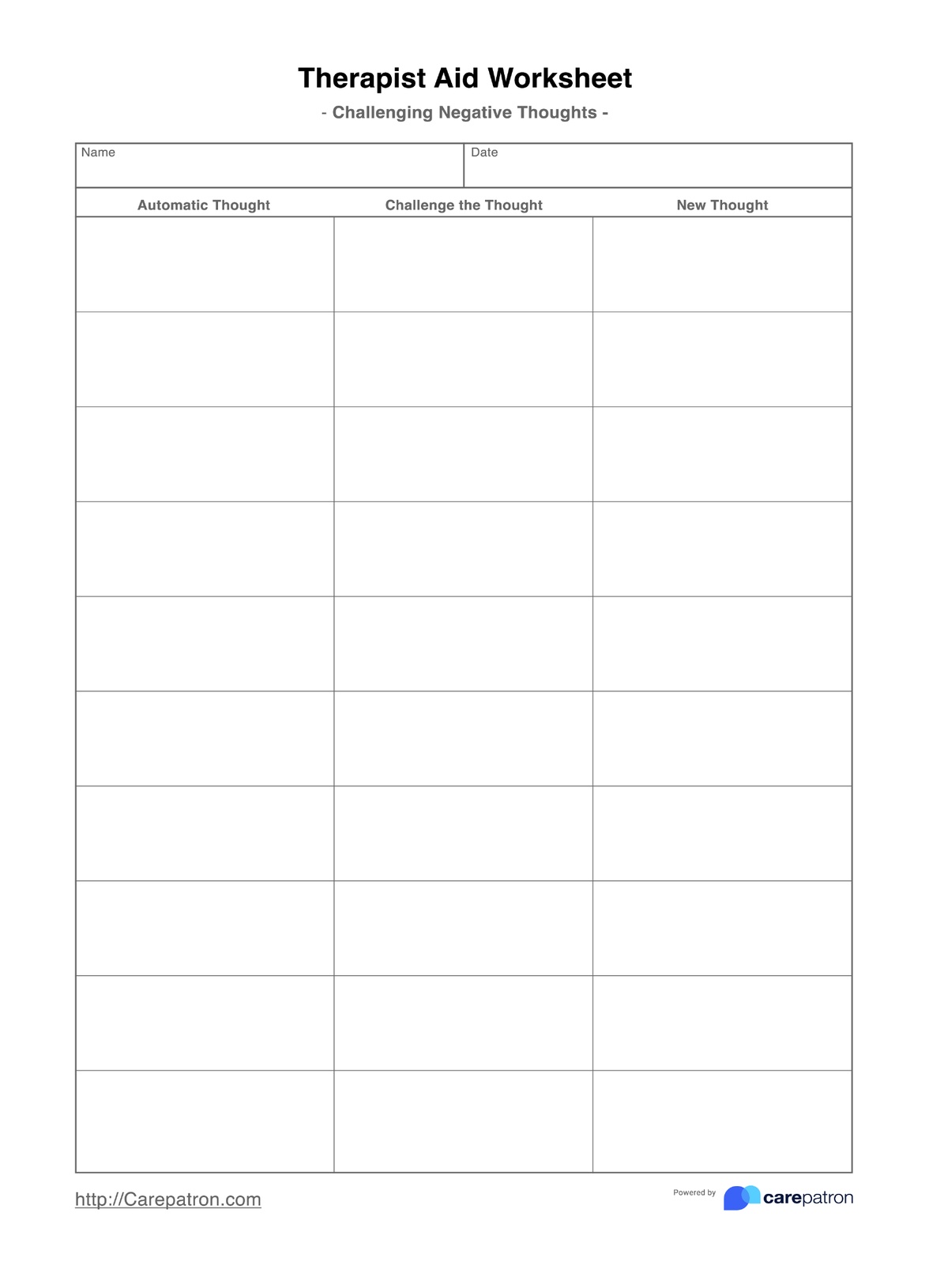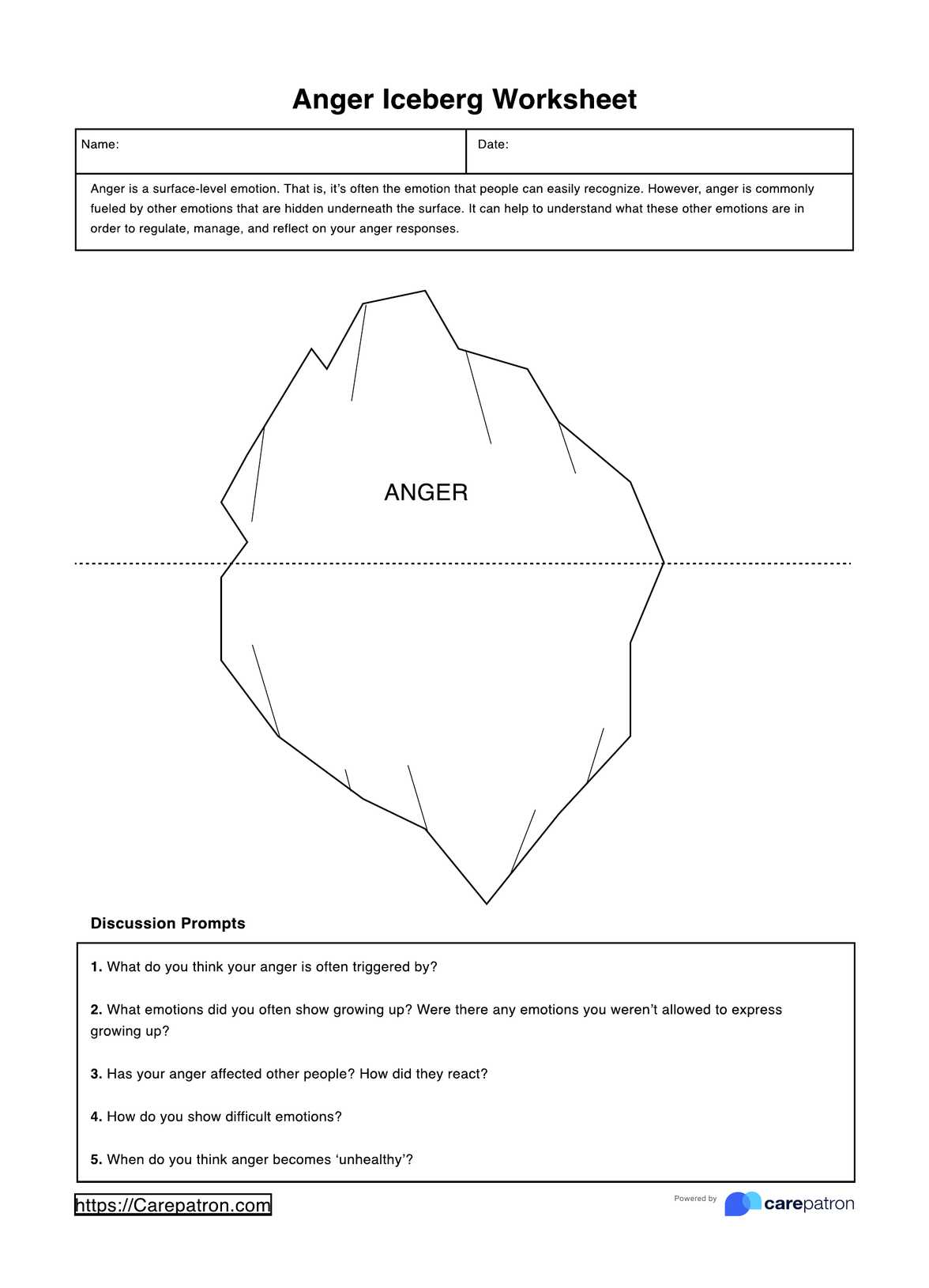Word Retrieval Worksheet
Enhance adult word retrieval with specialized worksheets: engaging, effective activities tailored for adult language improvement and speech refinement.


What is word retrieval?
Word retrieval, a critical aspect of language and speech, refers to the ability to recall and produce the right word at the right time. It's a complex cognitive function involving multiple brain processes and is crucial for effective communication. Speech-language pathologists often work with individuals who have word retrieval difficulties, a common issue in various speech and language disorders.
Key components of word retrieval:
- Speech and language processing: Word retrieval is an integral part of speech and language processing, allowing a person to access their vocabulary and articulate thoughts.
- Cognitive skills: It involves cognitive skills like memory, attention, and executive functioning.
- Semantic features: Retrieving a word requires understanding its semantic features - meaning, associations, and attributes.
- Word-finding skills: This is the ability to recall words promptly and accurately, essential for fluent speech and writing.
- Word-finding strategies: Techniques used to overcome word-finding difficulties, such as pausing to think, describing the word, or using a synonym.
- Target word: The specific word an individual is trying to recall.
- Word finding difficulties: Challenges in retrieving words, common in conditions like aphasia, dyslexia, or after a stroke. It can manifest as pauses in speech, use of fillers, or circumlocution.
- Special education: In special education contexts, strategies for improving word retrieval are often incorporated to assist children with language delays or disorders.
- Semantic feature analysis: A therapy technique where an individual describes the features of a word (like its category, function, or attributes) to aid in retrieval.
- First sound/first letter cue: A strategy where the initial sound or letter of a word is provided as a cue to aid in its recall.
- Speech therapy activities: Engaging exercises designed to improve word retrieval, such as naming objects, categorization games, or storytelling.
- Younger Children and Adults: Both younger children and adults can experience word retrieval issues, and the strategies used can be tailored to age and developmental level.
Importance in communication:
- Conversational fluency: Efficient word retrieval is vital for fluent and coherent conversation.
- Academic and professional success: It's crucial in academic settings and professional environments, where precise and timely word use is often necessary.
- Social interactions: Effective word retrieval supports social interactions, helping individuals express themselves clearly and understand others.
In summary, word retrieval is a fundamental component of language function, encompassing the recall and production of words. It's a skill that can be affected by various language disorders, and speech-language pathologists often employ targeted strategies to help individuals improve their word retrieval abilities, thereby enhancing their overall communication skills.
Word Retrieval Worksheet Template
Word Retrieval Worksheet Example
Word-finding strategies using the semantic approach
Word-finding strategies using the semantic approach focus on leveraging the meaning and associative relationships of words to improve word retrieval abilities. These strategies are particularly effective in speech therapy activities, both for children and adults with word-finding difficulties. Here's a look at how these strategies can be implemented in word retrieval activities:
Semantic feature analysis
- Object description: Describe an object's features, uses, and categories. For instance, for "apple," mention it's a fruit, edible, red or green, etc.
- Category grouping: Group words by categories. For example, list all the animals, furniture, or professions you can think of.
- Function identification: Identify the function or use of an item. Ask, "What do we use it for?" This can be a part of a guessing game.
Association-based activities
- Word association games: Say a word and have the participant respond with the first word that comes to mind.
- Opposite/synonyms: Find opposites or synonyms of given words. This helps strengthen semantic networks.
Contextual cues
- Sentence completion: Provide sentences with missing words for the participant to fill in. The context helps cue the target word.
- Story prompts: Create stories where certain words are left blank for the participant to fill in based on the context.
Visual aids
- Picture naming: Show pictures of objects and ask the participant to name them. This can be tailored to specific categories.
- Picture description: Describe a picture and ask the participant to guess the object.
First letter cues
- Initial sound prompt: Provide the first letter or sound of a word when someone struggles to retrieve it.
- Alphabet games: Think of a word for each letter of the alphabet in a certain category.
Semantic mapping
- Mind maps: Create a mind map starting from a central word and branching out into related words or attributes.
- Word webs: Similar to mind maps, create webs of words that are semantically related.
Practice and repetition
- Flashcards: Use flashcards with words and their meanings or pictures. Repeated exposure helps in word retrieval.
- Role-play: Engage in role-play activities that require the use of specific vocabulary.
Task-specific activities
- Finish the proverb or idiom: This helps in retrieving words that are semantically linked in a phrase.
- Guess the object: Give descriptions or functions of an object for others to guess.
Reflective and metacognitive strategies
- Self-correction: Encourage awareness and self-correction when incorrect words are used.
- Discussion: Discuss the strategies that work best for the individual, fostering a metacognitive approach to word finding.
Implementing these strategies can significantly improve word retrieval abilities, especially in individuals with speech and language difficulties. Speech-language pathologists often use a combination of these activities in therapy sessions to target specific word-finding challenges. These activities not only enhance word retrieval but also bolster overall language and cognitive skills.
Who is this worksheet for?
This Word Retrieval Worksheet for Adults is primarily designed for:
- Adults with language impairments: It's particularly beneficial for adults experiencing word-finding difficulties often associated with language disorders, aphasia, or cognitive impairments due to neurological conditions or aging.
- Speech therapy patients: Patients undergoing speech therapy can use this worksheet to practice and improve their word retrieval skills as part of their rehabilitation program.
- Educators and speech-language pathologists: These professionals can use the worksheet as a teaching tool or therapy resource to help their adult students or clients enhance their language abilities.
- Adult learners in ESL programs: Adults learning English as a second language may find these worksheets helpful for expanding their vocabulary and improving their fluency.
- Individuals seeking cognitive stimulation: Adults interested in brain training or cognitive enhancement activities can use this worksheet to challenge and improve their language skills.
- Older adults focused on cognitive maintenance: For older adults, engaging in word retrieval activities can be a proactive way to maintain cognitive health and language proficiency.
The worksheet, with its practical and illustrative filled-in example, offers a clear guide on how to use the exercises effectively, making it a versatile tool for a wide range of adult learners and individuals seeking to improve their language and cognitive skills.
The benefits of improving word retrieval
Improving word retrieval offers numerous benefits, particularly for individuals facing challenges in language and communication. These benefits span cognitive, social, and professional aspects:
- Enhanced communication skills: Improved word retrieval directly leads to more fluent and effective verbal communication. It enables individuals to express their thoughts more clearly and succinctly, without undue pauses or circumlocutions.
- Boosted confidence: As word retrieval skills improve, individuals often experience increased confidence in their ability to communicate. This newfound confidence can positively affect various areas of life, including social interactions and professional endeavors.
- Improved social interactions: Better word retrieval skills can lead to more engaging and satisfying social interactions. Being able to express oneself clearly and understand others more effectively enhances social relationships and reduces misunderstandings.
- Academic and professional advantages: In academic and professional settings, efficient word retrieval is key to effective speaking and writing. It can contribute to better performance in presentations, discussions, and written communications.
- Cognitive health: Regularly practicing word retrieval can be a form of cognitive exercise, helping to keep the brain active and healthy. This is especially beneficial for older adults, as it can contribute to maintaining cognitive function and delaying the onset of age-related cognitive decline.
- Improved reading and writing skills: Word retrieval is closely linked to overall language proficiency, including reading and writing. As word retrieval improves, individuals may find reading comprehension and writing abilities also enhance.
- Reduced frustration and anxiety: Difficulty in finding words can be frustrating and anxiety-inducing, especially in social or professional settings. Improving this skill can lead to reduced frustration and lower anxiety levels related to communication.
- Facilitates learning new languages: Good word retrieval skills are beneficial when learning a new language, making the process more efficient and enjoyable.
- Supports recovery from language disorders: For individuals recovering from stroke, brain injuries, or dealing with language disorders like aphasia, improving word retrieval is a crucial aspect of their rehabilitation process.
- Better quality of life: Overall, improved word retrieval skills can significantly enhance the quality of life, allowing individuals to participate more fully in their personal, social, and professional lives.
Commonly asked questions
Word retrieval challenges are common in language therapy. Speech-language pathologists often use strategies like using rhyming words, rapid naming exercises, and practicing with word lists to enhance word-finding skills. For instance, a therapist might ask a patient to think of words in a specific category or use cues like the first sound or syllable to recall the right word. These exercises can be made fun and engaging through games or picture-based tasks.
Speech-language therapy is tailored to help both children and adults with word-finding difficulties. Therapists use a variety of methods, such as sentence completion tasks, where a person has to guess the missing word or rapid naming tasks that challenge individuals to name as many items from a category as they can. For children, games involving pictures and simple phrases can be used, while adults might engage in more complex conversation exercises or write sentences to improve their language skills.
For children, speech-language pathologists often recommend activities that are both educational and fun. This can include games that involve describing pictures, completing sentences with the correct word, or engaging in rhyming exercises with one-syllable words. Activities like 'finish the similes' or 'guess the animal with four legs' can be both entertaining and educational. These tasks help in developing speech sounds, language comprehension, and expressive skills.
Yes, speech-language therapy is very effective in addressing challenges with syllables and sounds. Therapists might use exercises that involve breaking down words into syllables, identifying the first sound of a word, or creating word lists based on specific sounds. For more advanced practice, therapists might introduce tasks that involve creating sentences or phrases that include words with a certain number of syllables or specific sounds, aiding in both speech clarity and fluency.
Staying motivated is key in language therapy for adults. Speech-language pathologists often incorporate a variety of tasks to keep sessions engaging. This might include conversation exercises where adults discuss a topic or article, use antonyms or synonyms in a sentence, or engage in definition challenges. Fun activities like word games, where adults have to guess a word based on cues or complete phrases, can also add an element of challenge and interest. Setting achievable goals and celebrating progress can further help in maintaining motivation.


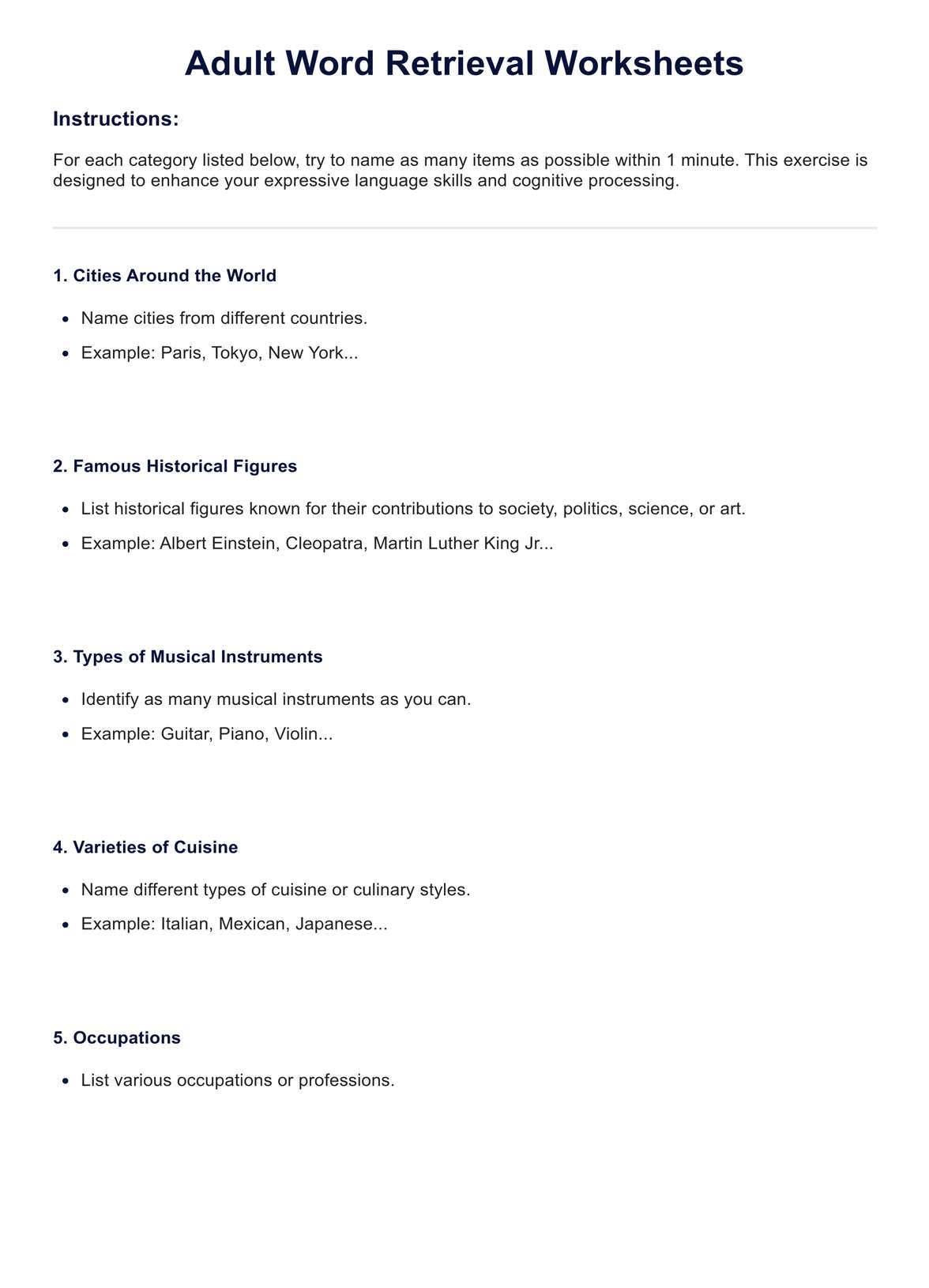
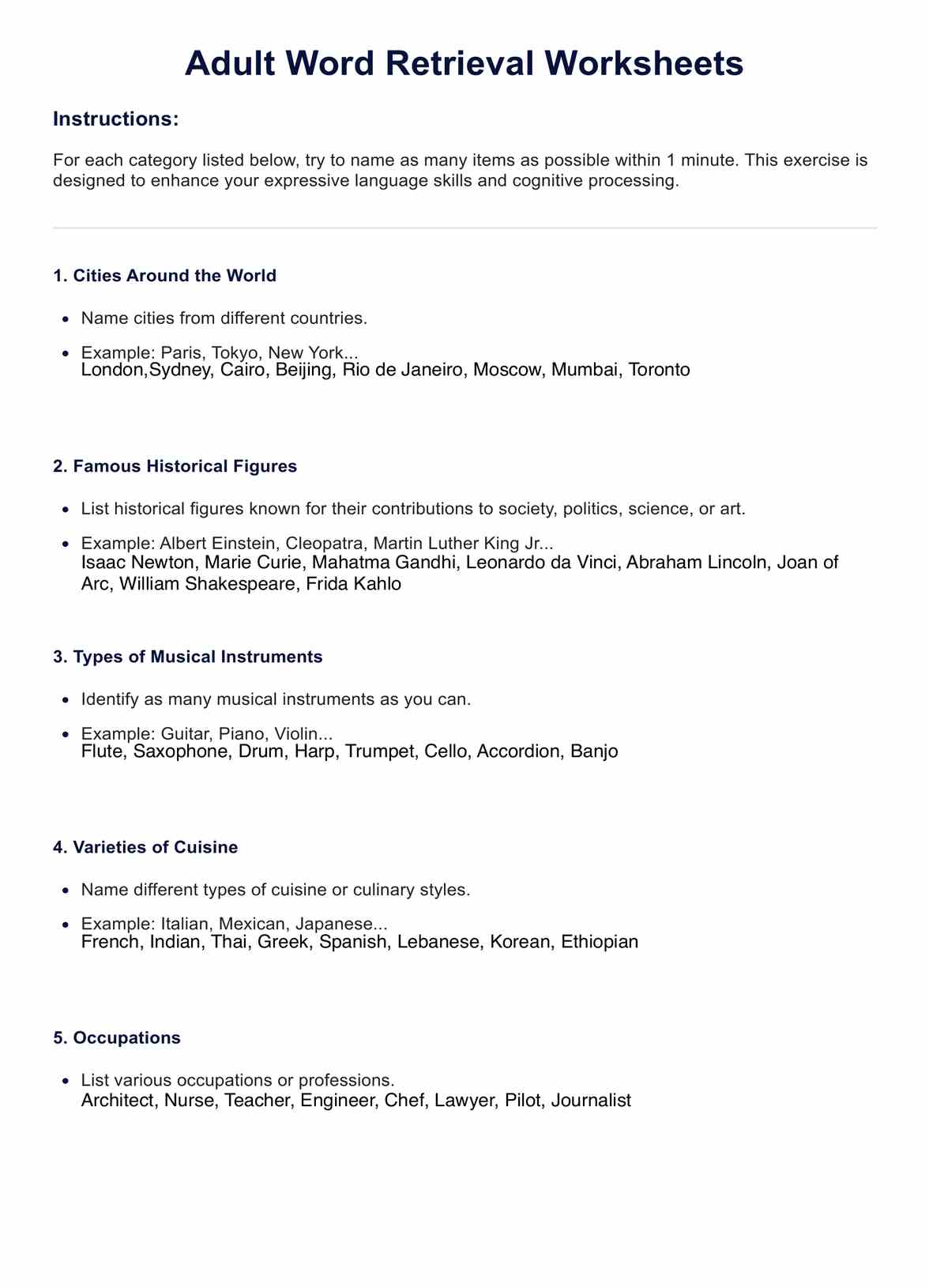

















-template.jpg)



















































































